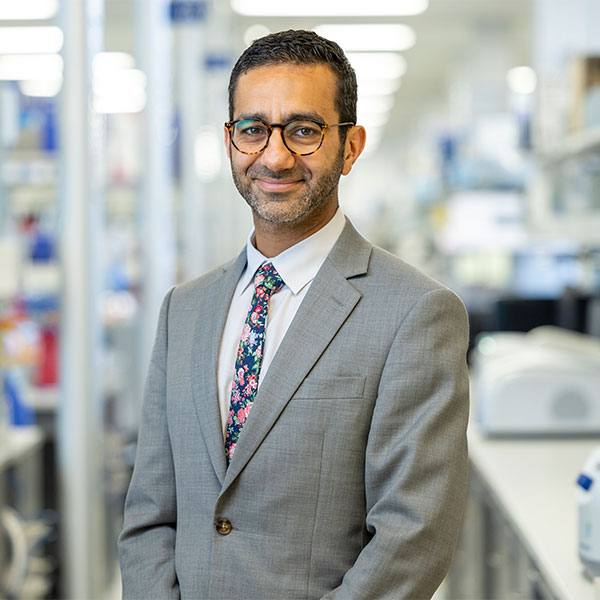Former first lady Rosalynn Carter has been diagnosed with dementia. A family statement, posted on The Carter Center website, says that she continues to live happily at home with her husband, enjoying spring in Plains, Georgia, and visits with loved ones. The statement goes on to say that it's hoped that sharing the family's news will increase important conversations at kitchen tables and in doctor's offices around the country.
More than 55 million people worldwide are believed to be living with dementia, according to the World Health Organization. And women are likely to be twice as affected by dementia as men.
Dementia is an umbrella term for a group of symptoms affecting memory, thinking and social abilities. It's not one disease. And Alzheimer's disease is the most common form of dementia.
Dr. Ronald Petersen, director of the Alzheimer's Disease Research Center at Mayo Clinic, says you can't prevent dementia, but you can reduce some of your dementia risks. In fact, there are a dozen risk factors that are modifiable.
Journalists: Broadcast-quality video (0:59) is in the downloads at the end of this post. Please courtesy: "Mayo Clinic News Network." Read the script.
Not every older adult will develop dementia, but there are risk factors that can be modified or changed.
"Some of these are cardiovascular issues, like blood pressure, smoking, obesity, diabetes and education," says Dr. Petersen. "Sleep is an important factor, as well as social isolation and the development of depression."
Heavy alcohol use, hearing loss and air pollution also may be risk factors.
If one were to attack one or more of these, you may actually be able to reduce your risk of developing cognitive impairment as you age."
Dr. Petersen says stay active — physically, socially and intellectually.
- Exercise.
- Read books.
- Go to lectures.
- See family and friends.
And get your hearing checked.
"Most importantly is sleep hygiene. Many people have difficulty with sleeping as they age for a variety of reasons," says Dr. Petersen.
More dementia related posts:
- Mayo Clinic Minute: Women and Alzheimer’s disease
- Dementia-related pain: What caregivers need to know
For the safety of its patients, staff and visitors, Mayo Clinic has strict masking policies in place. Anyone shown without a mask was either recorded prior to COVID-19 or recorded in a nonpatient care area where social distancing and other safety protocols were followed.







